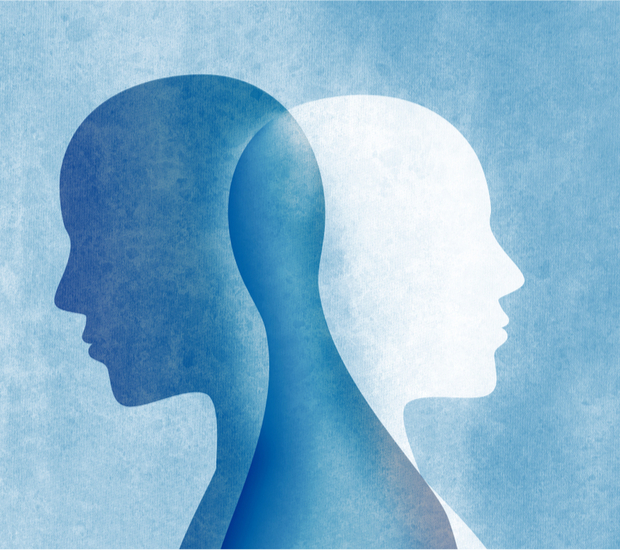Mood Disorder TreatmentNew York, NY
If your general mood or emotional state is inconsistent or distorted from reality, you probably need mood disorder treatment. People with mood disorders often feel irritable, sad or depressed. Sometimes, the periods of depression or sadness are alternated with periods of mania.
Other mental health issues, like an anxiety disorder, can also affect a person's mood. Those with mood disorders are more likely to attempt suicide.
Common types of mood disorders include:
Most mood disorders can be effectively treated by combining talk therapy with medication.
Signs you need mood disorder treatment
People who think they might have a mood disorder should talk to a doctor or a mental health worker as soon as they can. At the very least, they should talk to someone close about their feelings.
Mental health care is needed if:
Unlike some other mental issues that can go away over time when the person is less stressed, mood disorders require treatment to improve the patient's quality of life. It is often easier to treat mood disorders early on before they become more severe.
What causes mood disorders?
There is no clear cut answer when it comes to this question. Medical experts believe it is linked to environmental factors and the patient's biology. Those with family members who have battled with mood disorders in the past have an increased risk of developing one. Traumatic experiences and certain recreational drugs and medication have also been linked to mood disorders.
If a mood disorder is not treated, it can inhibit the person's ability to perform at work or school. It can also affect a person's ability to form meaningful relationships with others.
Mood disorder treatment
A large number of people avoid getting the treatment they need because of the stigma associated with mental health issues, and that often leads to a lower quality of life.
Mood disorders are typically diagnosed with a mental health evaluation and a physical exam. The physical is performed to rule out other health conditions that could be affecting the person's mood. If the patient's low mood is not being caused by a health condition, the mental health professional may conduct some tests to evaluate the patient's mental health and mood stability.
Mood disorders are mainly treated with psychotherapy and medication. Part of mood disorder treatment is educating the patient about mood disorders so they can recognize the patterns and get additional treatment when needed.
Anti-anxiety medication and antidepressants are often prescribed to people who are dealing with a mood disorder. It helps to chemically improve the person's brain chemistry, but it is most effective when combined with psychotherapy. Psychotherapy consists of talk therapy and cognitive behavioral therapy (CBT).
Talk therapy focuses on changing a patient's behavior and thought patterns, while CBT teaches the person new habits and coping mechanisms to improve their mood. CBT has been a standard of sorts when it comes to dealing with mood disorders.
Certain mood disorders, like bipolar depression, might require a lifetime of mood stabilizers and psychotherapy. Depending on the severity of a person's mood disorder, hospitalization might be required. This is often the case if the patient has indicated a desire to harm others or themselves.
Happy days are just ahead
There is no need to settle with constantly feeling like the entire world is about to collapse on your head. At Eileen Wachter, MD, we can treat your disorder and improve your quality of life. Visit us at our New York office today.


